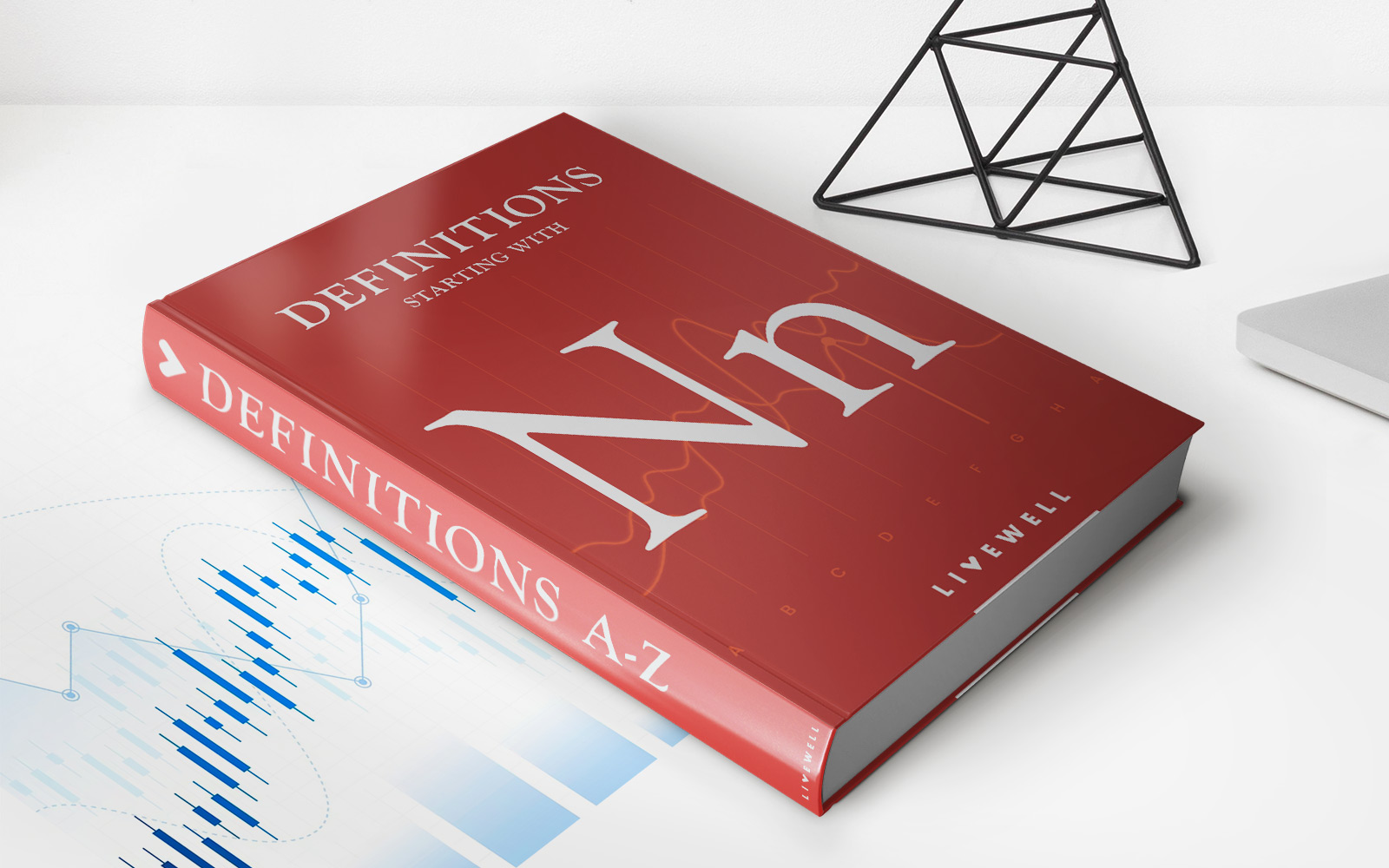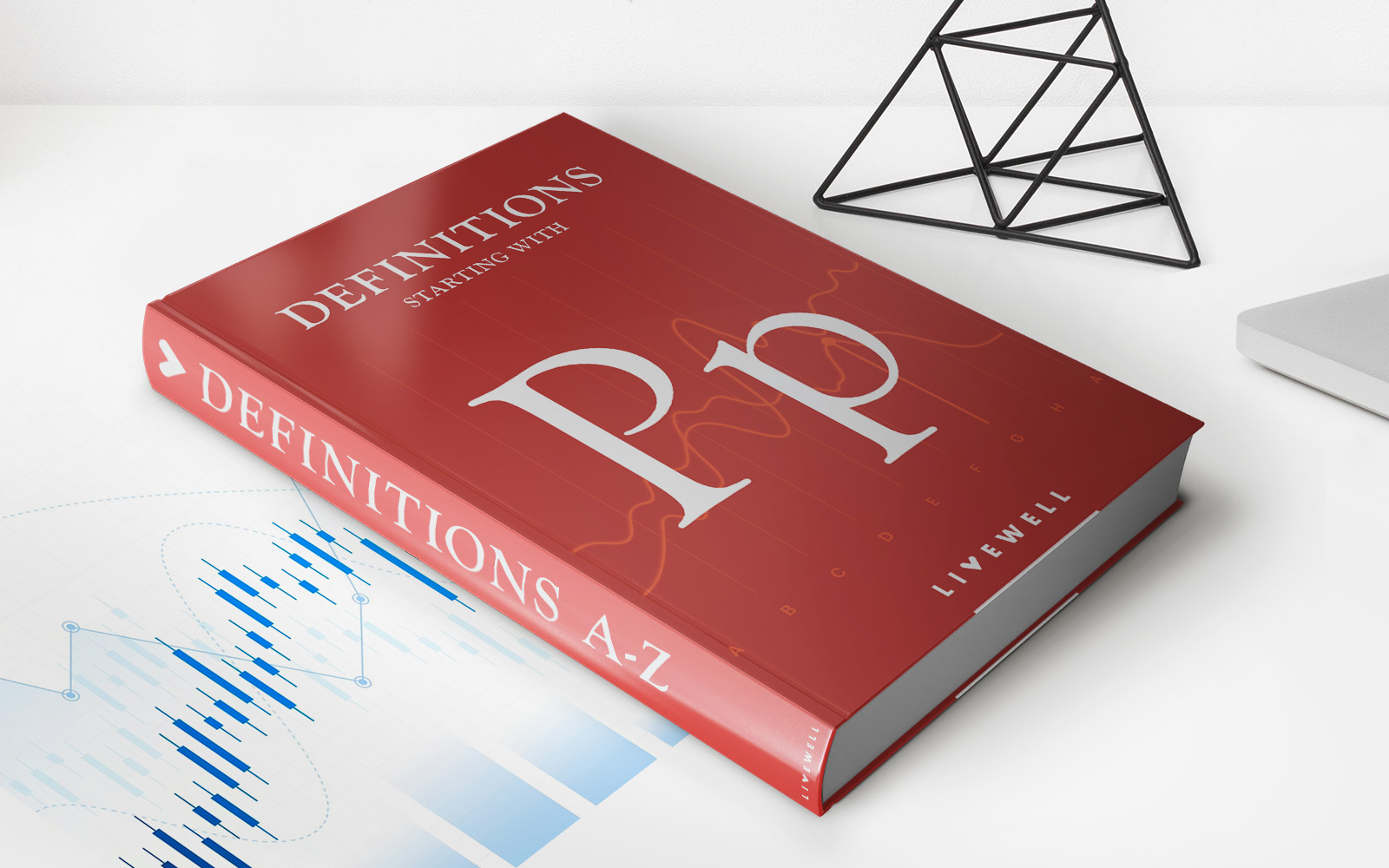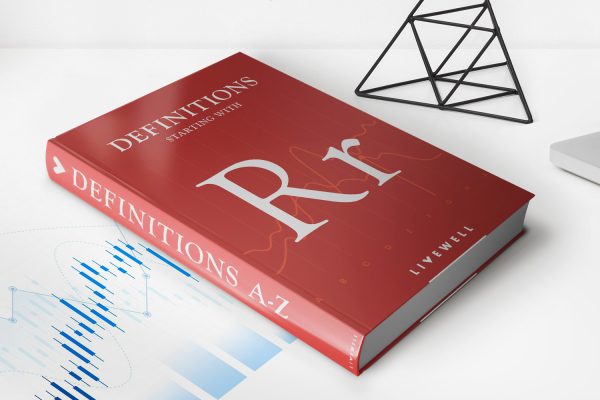Home>Finance>Insurance Underwriter: Definition, What Underwriters Do


Finance
Insurance Underwriter: Definition, What Underwriters Do
Published: December 10, 2023
Learn what an insurance underwriter does in the field of finance and the definition of their role. Discover the key responsibilities of underwriters in the insurance industry.
(Many of the links in this article redirect to a specific reviewed product. Your purchase of these products through affiliate links helps to generate commission for LiveWell, at no extra cost. Learn more)
Insurance Underwriter: Definition, What Underwriters Do
Are you looking to learn more about the world of finance? Today, we’re diving into the fascinating world of insurance underwriting. In this blog post, we’ll define what an insurance underwriter is and explore the important role they play in the insurance industry. So, let’s get started!
Key Takeaways:
- Insurance underwriters assess risks and determine the terms and conditions for issuing insurance policies.
- Underwriters analyze various factors, such as the applicant’s financial stability, health history, and the potential for losses.
What is an Insurance Underwriter?
An insurance underwriter is like a financial detective who thoroughly investigates a risk to determine if an insurance policy can be issued, and if so, under what terms and conditions. Underwriters play a critical role in the insurance industry by evaluating risks and pricing policies accordingly. Their expertise ensures that the insurance company can provide coverage while maintaining a profitable business.
Wondering what exactly an insurance underwriter does? Here’s a breakdown of their primary responsibilities:
1. Evaluating Risks
Underwriters evaluate risks by meticulously assessing information provided by potential policyholders. They review applications, financial records, medical information, and other relevant documents to determine the level of risk involved. By evaluating risks accurately, underwriters can make informed decisions about offering coverage and set appropriate premiums.
2. Analyzing Factors
Underwriters analyze a multitude of factors when assessing risks. These factors may include an applicant’s financial stability, health history, occupation, lifestyle choices, and the potential for losses. They use their expertise to identify any potential red flags and determine the impact these may have on the individual’s insurability.
In addition to analyzing individual factors, underwriters also consider data trends, industry regulations, and actuarial tables. By combining all these factors, they can accurately gauge the risks and make informed decisions about policy issuance and pricing.
3. Setting Terms and Conditions
Based on their evaluation of risks, underwriters are responsible for setting the terms and conditions of insurance policies. This includes determining the coverage limits, deductibles, and premiums that will be offered to the insured individual or organization.
Underwriters use their expertise and knowledge of industry standards to tailor policies to meet the needs of the applicant while ensuring the insurance company remains financially secure. They must strike a balance between providing coverage and managing the potential claims exposure.
Conclusion
An insurance underwriter plays a crucial role in the insurance industry, helping ensure the financial stability of both insurance companies and policyholders. With the knowledge and expertise to assess risks and set appropriate terms and conditions, underwriters are the backbone of the insurance industry.
So, the next time you hear the term “insurance underwriter,” you’ll have a better understanding of what they do and the importance of their role in the world of finance.














